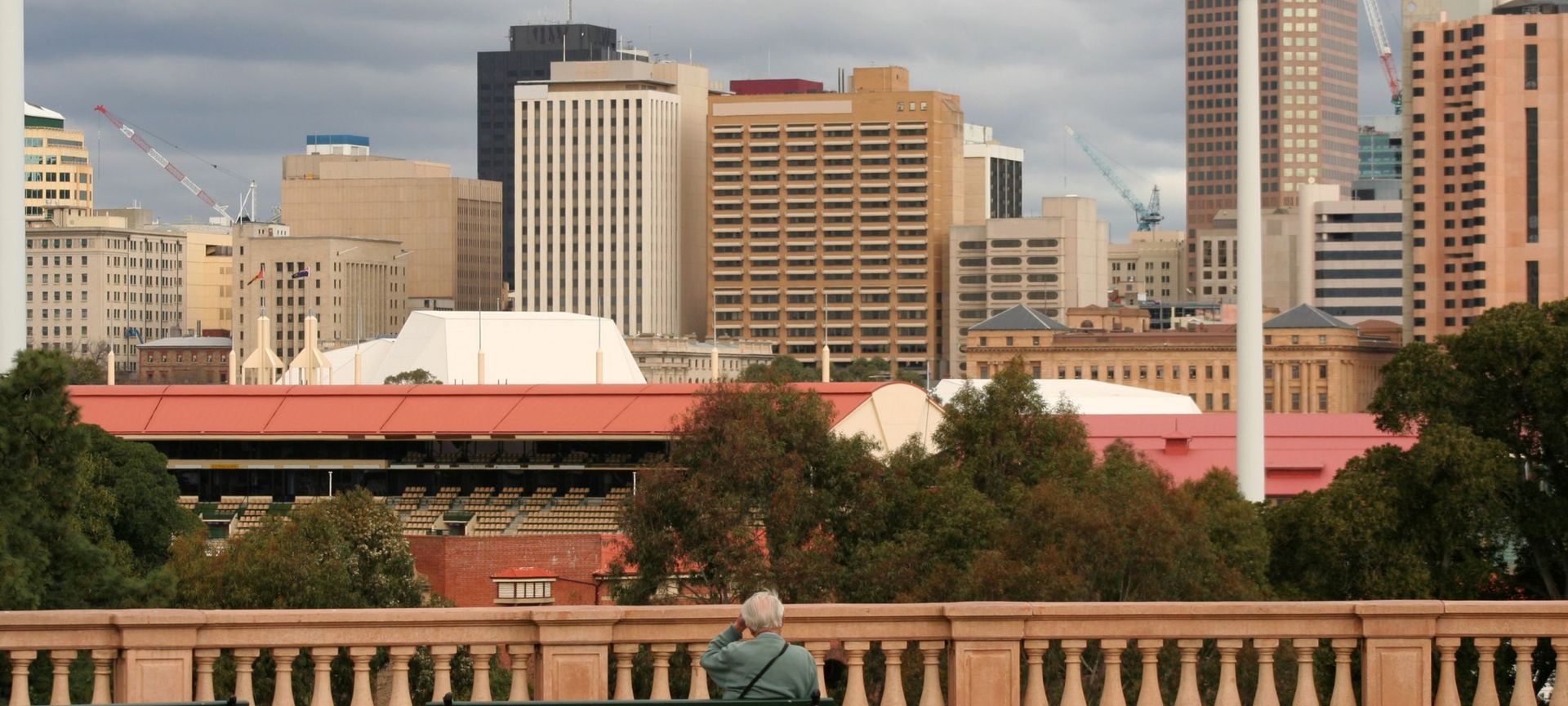Is Your Workplace Psychologically Safe?
With R U OK? Day this week, it’s a timely reminder that mental health and wellbeing should be a year-round priority—not just a conversation once a year.
At Edge Recruitment, we believe that employee wellbeing relies on not just physically safe workplaces, but psychologically safe and supportive workplaces as well.
That’s why we recently hosted an exclusive session for our clients featuring Dr. Tessa Bailey, a recognised expert in psychosocial safety and workplace mental health and CEO of The Opus Centre.
The focus? Psychosocial hazards—a topic that’s becoming increasingly important in modern workplace wellbeing conversations.
What Are Psychosocial Hazards?
Psychosocial hazards are
factors in the workplace that can cause psychological or emotional harm. These include things like:
- Unreasonable workloads or tight deadlines
- Poor workplace relationships or bullying
- Lack of role clarity or communication
- Inadequate support from leaders or peers
- Job insecurity or organisational change
Left unmanaged, these risks can seriously impact employee wellbeing, productivity, and engagement.
Why It Matters
Psychosocial risks aren’t just about compliance—they’re about creating a culture where people feel safe, supported, and empowered to thrive.
Dr. Bailey’s session helped equip leaders and people managers with the knowledge and tools to identify, assess, and respond to psychosocial hazards before they escalate.
And the message was clear: workplace wellbeing isn’t just a HR issue—it’s a leadership responsibility, and it’s everyone’s business.
What can Employers & Leaders do?
Whether you're leading a team or running a business, here are some proactive steps you can take:
- Identify common psychosocial hazards:
Look for early signs of stress, low morale, or conflict. Be proactive, not reactive.
- Use lead indicators: Don’t just wait for issues to show up in exit interviews or sick leave reports. Conduct regular wellbeing check-ins and culture audits.
- Encourage open communication:
Create safe spaces for employees to raise concerns without fear of judgement or backlash.
- Invest in training:
Equip your leaders and managers with the skills to support mental health and recognise psychosocial risks.
- Act early: Intervene before problems become critical. Small changes—like workload adjustments or conflict resolution—can make a big difference.
What Employees Can Do
Workplace wellbeing is a shared responsibility. Here’s how employees can contribute:
- Speak up: If something’s impacting your wellbeing, raise it early with a trusted leader, HR, or mental health support service.
- Know your rights: Psychosocial safety is now a recognised part of workplace health and safety laws in many states.
- Support each other: A kind word, a check-in, or a shared break can go a long way. Everyone can play a part in building a supportive culture.
- Educate yourself: Understand what psychosocial hazards are, and learn the signs—not just in yourself, but in others too.
The Bottom Line
As we reflect on
R U OK? Day, let’s go beyond just asking the question. Let’s create environments where people feel
safe enough to answer honestly, and where leaders are ready to take meaningful action.
A proactive approach to managing psychosocial risks doesn’t just improve wellbeing—it boosts performance, retention, and culture, too. And at Edge Recruitment, we’re proud to be part of that positive change.
👥 Want to learn more about how to foster a healthier workplace culture?
Get in touch with our team or
follow us on LinkedIn for upcoming events and resources.














